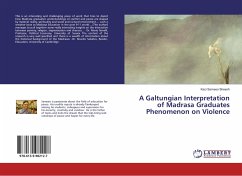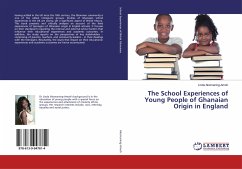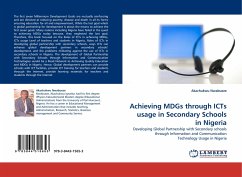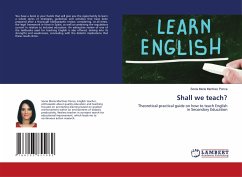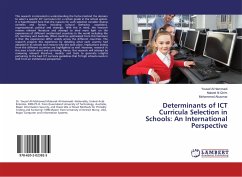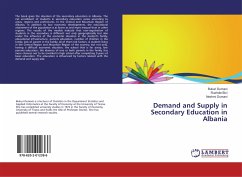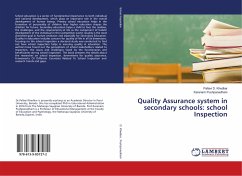The purpose of this research was to identify effective school responses from students who had experienced trauma induced by community violence. The study examined indirect victimization and its impact on the socioemotional development, cognitive functioning, and psychosocial outcomes of seven Syracuse City School District graduates. Data collection and analysis for the transcendental phenomenological qualitative study consisted of three phases: (a)examination of aggregate data, (b)semi-structured interviews, and (c)composition of analytic memos. Data suggests gender differences in the ways in which students grieve. The findings suggest there are four major contributing factors to participants graduating from high school, which were: (a)support system, (b)self-determination, (c)staying active, and (d)memorializing the deceased. Recommendations were made on ways in which school personnel can play a more direct role in helping address students' socioemotional needs and keep them both academically and socially engaged.


